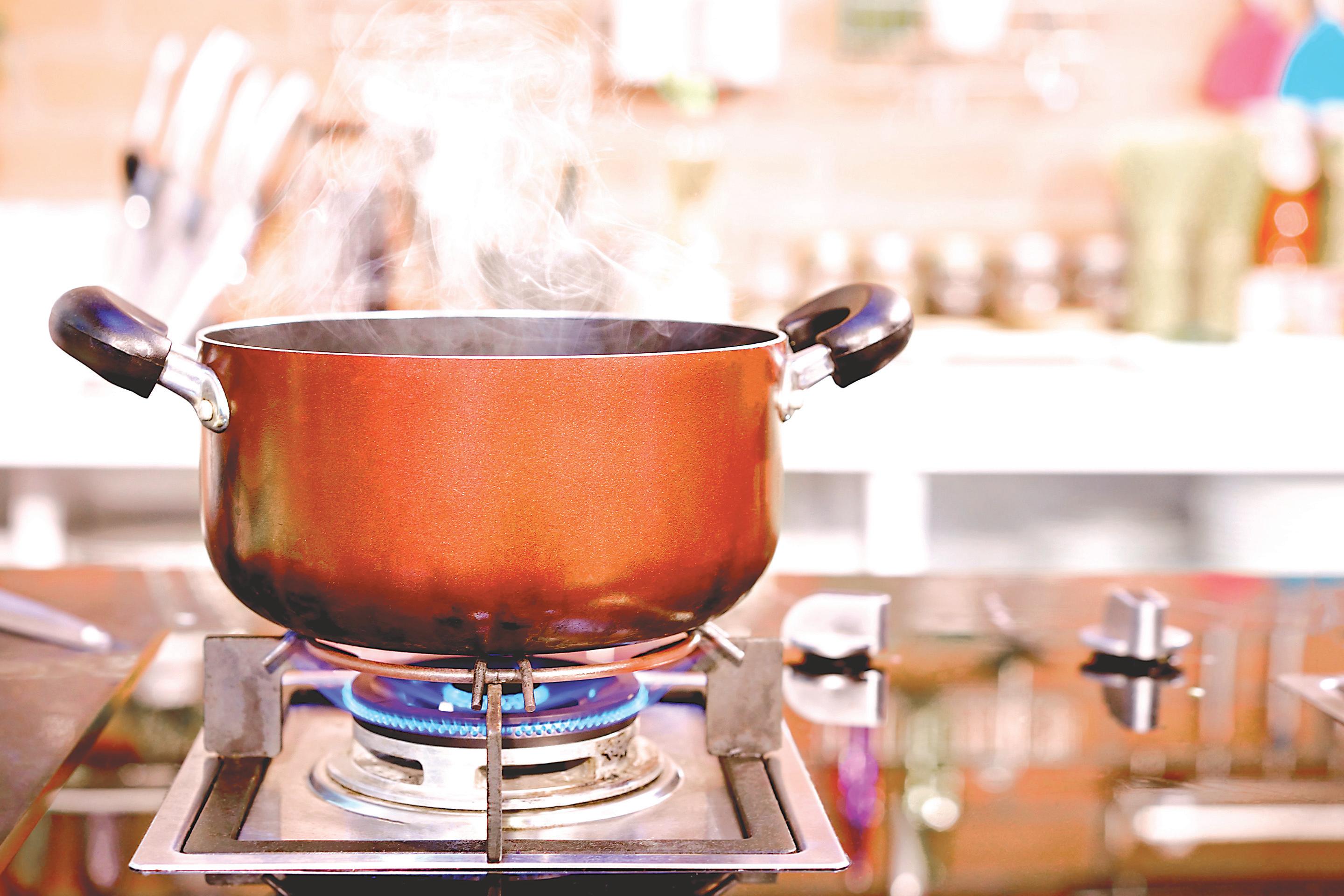
2 minute read
Gaslighting The Public
CITY GOES TO WAR AGAINST GAS STOVES, FIREPLACES, HEATERS
My favorite cooking tool is my gas stove cooktop. I’ve cooked on gas exclusively for four decades. The rhythm and timing of a sauté over an open flame is steeped in my muscle memory. I’m lucky to have a sensitively calibrated stovetop that makes cooking joyful. Plus, there is something primal about the fire under a metal pan. No wonder kids love nothing more than roasting marshmallows over an open flame.
I use natural gas to fuel my barbecue, fireplace and underfloor hydronic heating system.
But this practice will soon be history. Last year, the City Council voted to become the state’s 46th municipality to ban natural gas infrastructure in new construction. There was zero public outreach.
In a 7-2 City Council vote last June, the ordinance disallowed natural gas infrastructure in new buildings of three stories or fewer after Jan. 1, 2023. Natural gas is banned from high-rise construction—four stories or more—in the city after Jan. 1, 2026.
The ordinance applies only to new builds. “Businesses in existing buildings, including restaurants, will be allowed to purchase new gas equipment such as stoves and ovens for replacement and expansion purposes,” Jennifer Venema, Sacramento’s climate action lead, said last June.
Apparently, the council didn’t want a revolt by local restaurant owners and chefs in America’s farm-to-fork capital.
By Cecily Hastings Publisher’s Desk
But the city is working on a strategy to transition away from gas in existing buildings.
“We are doing this because it’s the top thing we can implement as a city to reduce greenhouse gas emissions,” Venema said. “Energy use in the built environment is a key sector that we directly regulate.”
According to the ordinance, pathways for including gas infrastructure in new buildings are available through limited exemptions for technical or cost difficulties through 2025.
The exemptions may be extended if the technology is such that full electrification is not feasible by July 1, 2025, Venema said.
Several councilmembers expressed a desire to avoid unintended consequences despite the exemptions and waivers.
“What a chef deems feasible versus what our building inspector deems feasible for cooking are two totally different things,” former Councilmember Angelique Ashby said. “They’re not industry experts. We’re not industry experts.” Ashby offered a substitute motion that would have required more research and a vote postponement. Her motion failed.
Chefs throughout the state, particularly those who prepare Asian cuisine, insist gas flames are essential. In 2019, the Sacramento-based California Restaurant Association filed suit against Berkeley over the first local ban. A federal judge dismissed the lawsuit.
Opponents to the ban argued part of Sacramento’s electric power still comes from fossil fuel generation resources and suggested the measure was pointless until SMUD can provide 100-percent clean energy. SMUD’s board of directors voted last year to acquire 100 percent of the utility’s power generation from carbon-free resources by 2030.
Nationally, the gas stove debate has—no surprise—turned partisan.
A member of the Consumer Product Safety Commission appointed by President Biden threatened to ban gas stoves based on dubious evidence of public-health harm. “This is a hidden hazard,” Commissioner Richard Trumka Jr. said. “Any option is on the table. Products that can’t be made safe can be banned.”












Camp Cavalier 2023

An engaging mixof academic and enrichment classes inthe morning with weekly themes, and anexciting recreational program in the afternoon.











